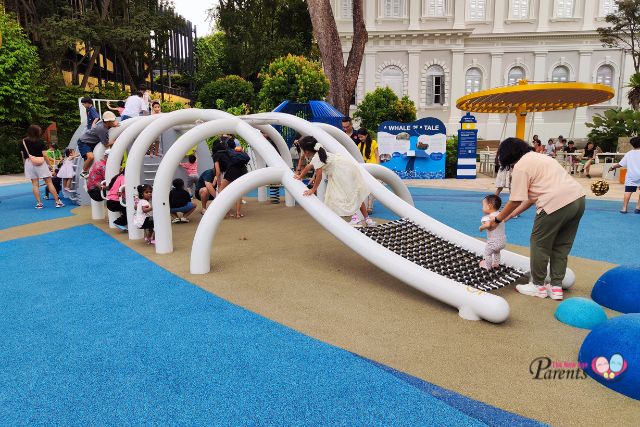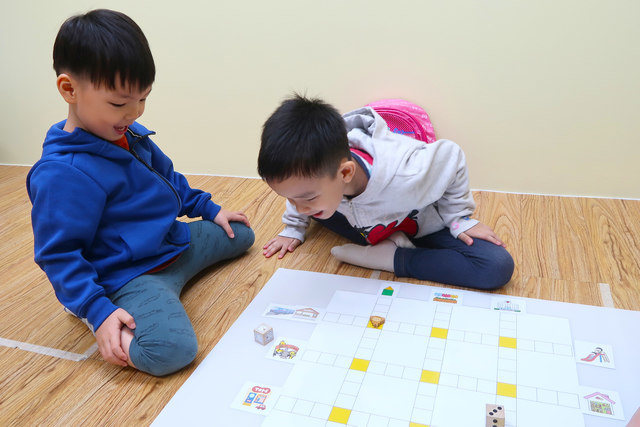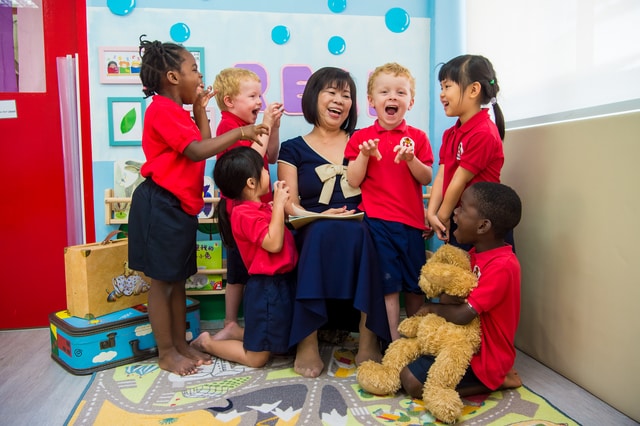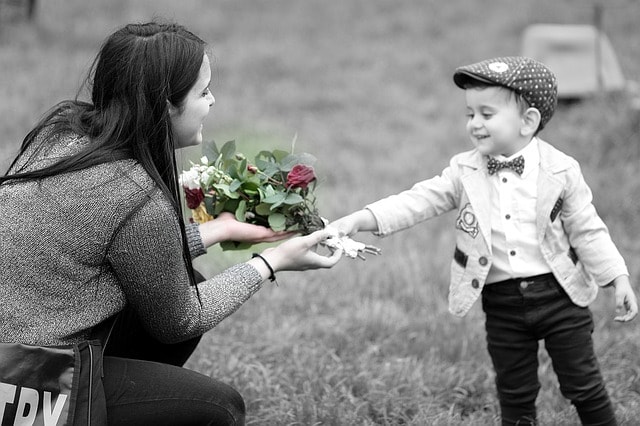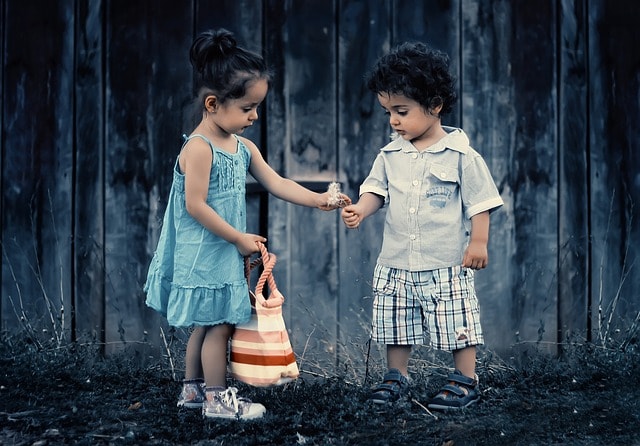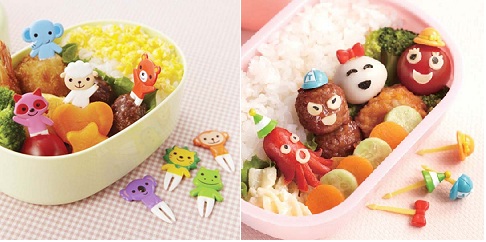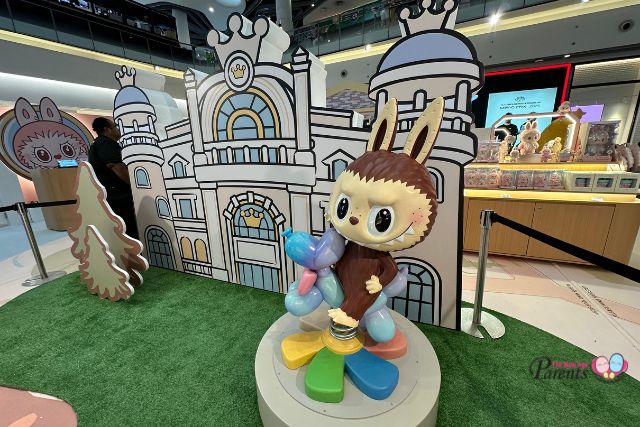“Being a parent is not transactional. We do not get what we give. It is the ultimate pay-it-forward endeavour: We are good parents not so they will be loving enough to stay with us but so they will be strong enough to leave us.” – Anna Quindlen
This quote has been at the forefront of my mind for the past year, as my daughter faces her preteen years. Raising preteens is different from raising cute, cuddly little kids.
The turbulent preadolescent years are typically between the ages of nine and twelve, but I’m not waiting until then to prepare for them – and here is why neither should you.
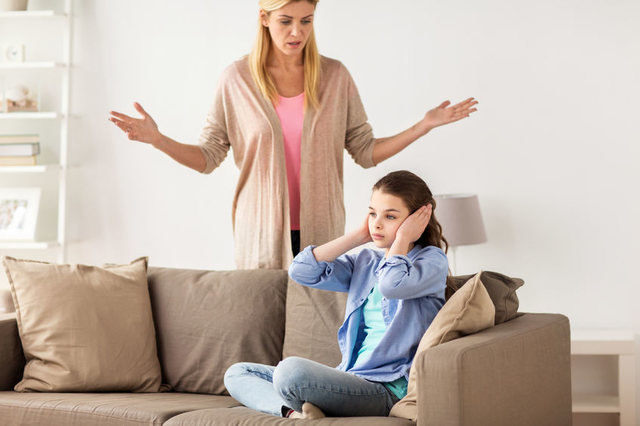
Most transitions in life are hard and require some amount of time, work and forethought. Preparing my daughter and I for her transition between middle childhood to the preteen years is no different.
Besides, after hearing from several mothers of teenagers how difficult it is to stay close with their kids as they move into adolescence, I wondered how I would navigate this similar terrain with my daughter. Here are some subjective rules to raising a kid who’s on the precipice of those preteen years.
Set aside special time (while they’ve still got time for you)
In preadolescence, kids may turn away from their parents and more towards their friends, less willing to share their secrets with us. In the past year, I started building in special time with my daughter; this sets the stage for our channels of communication to remain open, even after she enters the more furtive preteen years.
Enter Terrific Tuesdays. It goes like this: Every Tuesday after school, my daughter and I visit museums, the library and favourite restaurants – just the two of us. In the past year, I recognised that we needed more one-on-one time away from work distractions and her younger sister, who vies for my attention.

Not only have Terrific Tuesdays added much excitement to the typical school/work week for us (Monday Blues feel less dreadful when Terrific Tuesday is around the corner), but it has also strengthened our parent-child relationship.
They may be more independent, but they still need you – just in different ways than before
I remember when, as a baby, my daughter had separation anxiety and I couldn’t wait for her to be okay without me. But now that she’s nearly nine, I can sense her developing independence and sometimes I grow nostalgic about the days when she followed me around, climbed into my lap, told me her secrets before bedtime and was so small that I could hold her foot in the palm of my hand.
Physically, she has grown, but also cognitively, emotionally and socially.
When they’re babies, it’s physically tiring for us – all the feeding, showering, putting them to sleep and chasing them around. Conversely, once they’re older, parenting is less physically demanding but more mentally draining, because we must educate them about choices and instil good habits and a sense of responsibility.

We are figuring out how much freedom to trust them with, how to structure their screen time, how to pick our battles, how to let go.
Now on the cusp of preadolescence, kids her age desire more autonomy, time with friends and space to figure things out on their own. But just because she is more independent doesn’t mean she no longer needs me. She still does, just in different ways than before.
Instead of thinking “How can I fix this?”, try “How can I be fully present right now?”
As my daughter grows, she needs a safe place to talk about her problems. I’m learning how to be that safe place for her. It’s harder than I thought – because while I say that she can tell me “anything, good or bad,” in bad situations, it’s hard for this mum not to overreact.
But I’ve since learned that getting angry at her or hissing, “I told you so” only makes it more unlikely for her to come to me with any problems next time.
Sometimes offering empathy is more effective than offering solutions, especially in situations where you can’t fix things for them. You’ll know what I’m talking about if your child ever experiences any form of social exclusion, a fallout with a friend, rejection, etc.
So far, my fail-safe approach to hard conversations is simply being fully present at that moment.
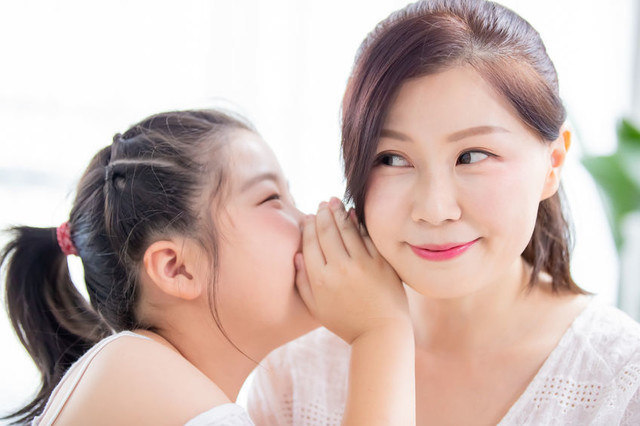
Sometimes our kids only want reassurance that we are on their side. Sometimes they just need to vent to get something off their chest.
Either way, our undivided attention will go a long way – and maybe a hug or two.
⇒ Related Read: 10 Reasons Why You Should Hug Your Child Everyday
By Jenny Tai.
* * * * *
Stay in touch! Subscribe to our Telegram here for all our latest updates.
Want to be heard 👂 and seen 👀 by over 100,000 parents in Singapore? We can help! Leave your contact here and we’ll be in touch.























